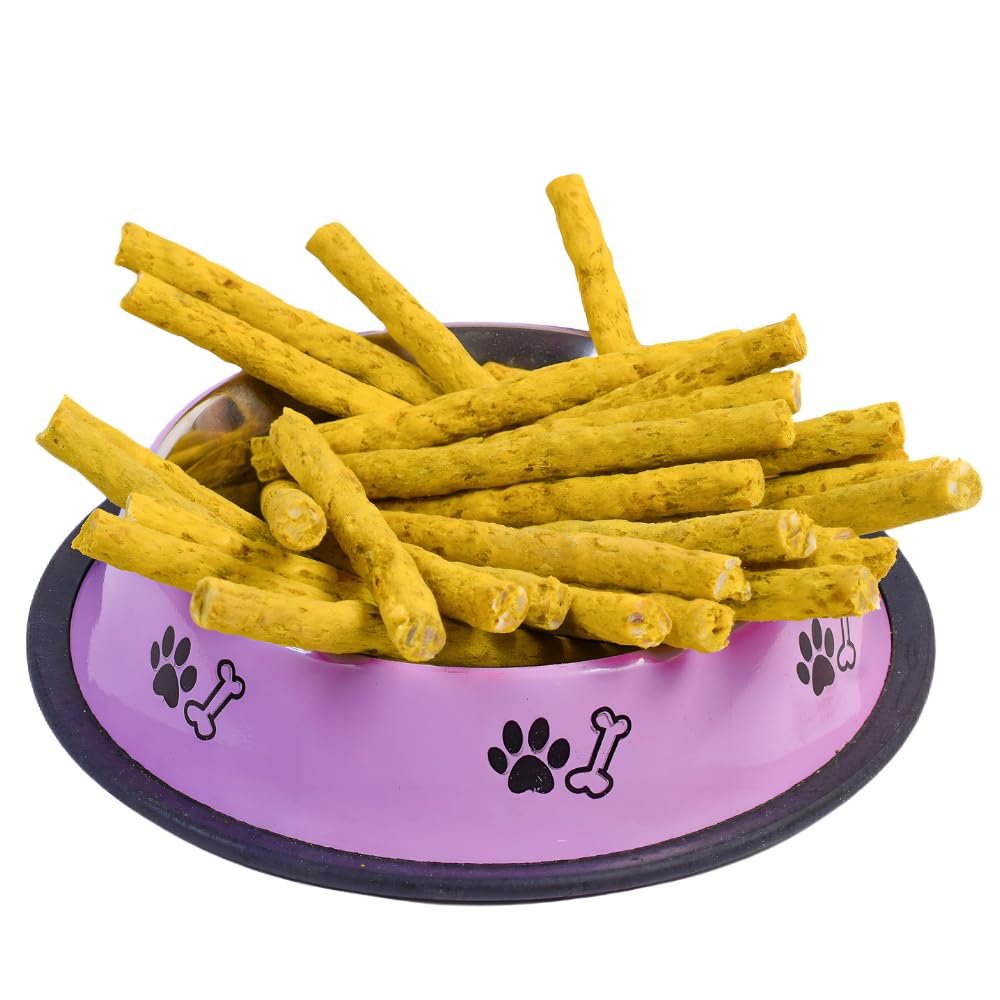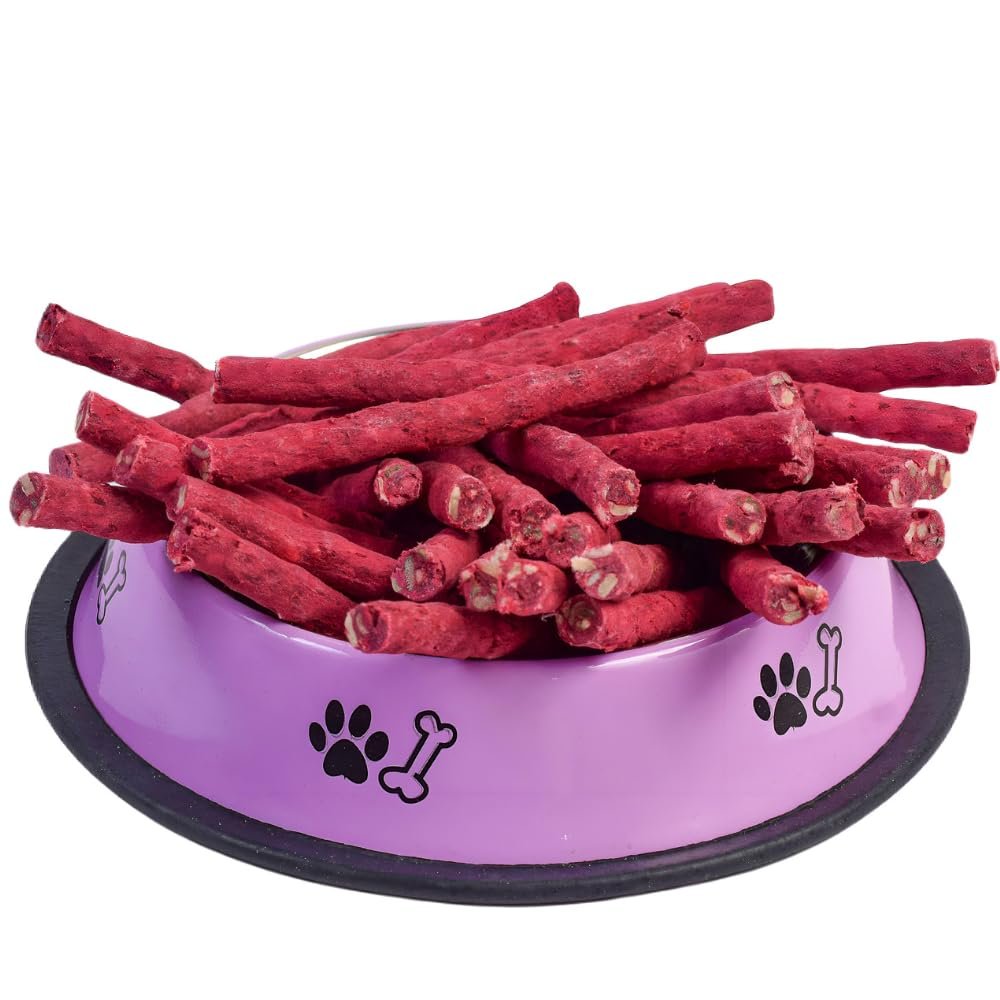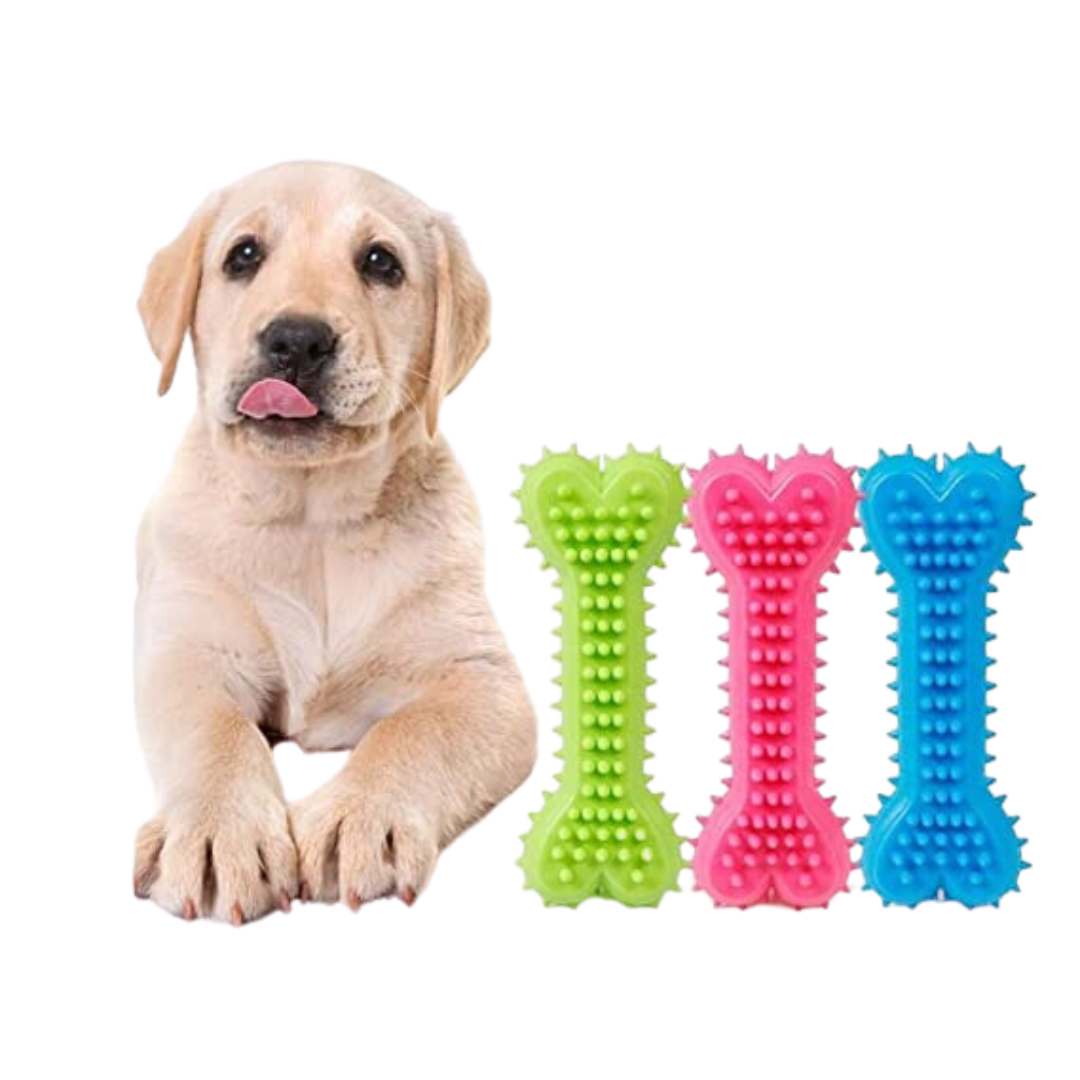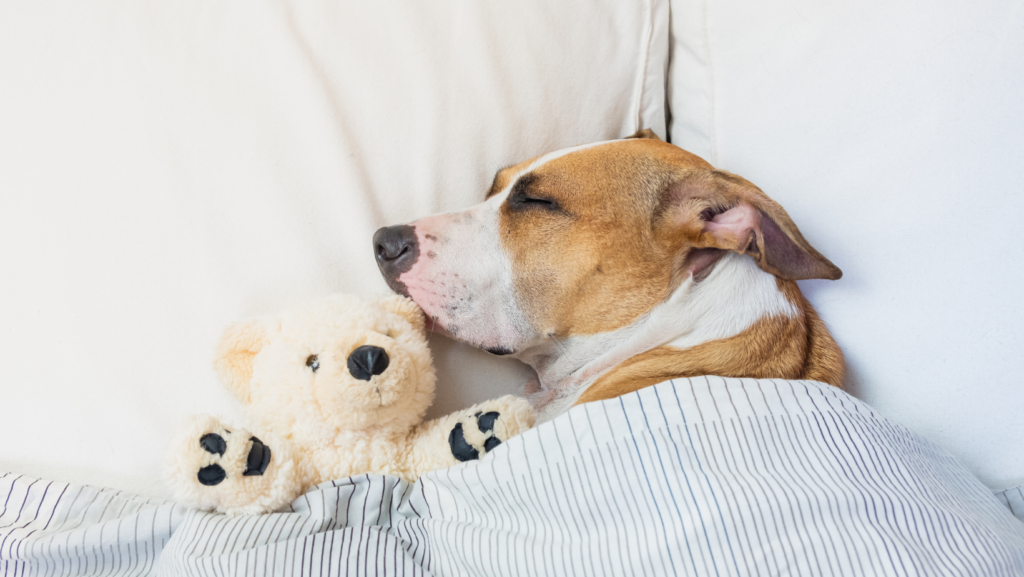Free Shipping On Order Over ₹459
Free Shipping | On Order Over ₹459
As pet owners, ensuring the health and happiness of our furry companions is a top priority. One of the fundamental aspects of pet care is pet wellness. This concept encompasses various practices aimed at maintaining the overall well-being of pets, including physical health, emotional balance, and mental stimulation.

Pet wellness refers to a proactive approach to pet care that focuses on preventive measures rather than just treating illness or injury. It involves providing pets with a nurturing environment, proper nutrition, regular exercise, mental stimulation, and routine veterinary care to support their overall health and longevity.
Prioritizing pet wellness is crucial for several reasons. Firstly, it helps prevent common health issues and reduces the risk of chronic diseases, ultimately saving both time and money on veterinary bills. Additionally, promoting wellness enhances the quality of life for pets, allowing them to thrive both physically and emotionally.
A vital component of pet wellness is immune health. Just like humans, pets rely on a robust immune system to defend against pathogens and maintain optimal health.
Pets have complex immune systems composed of various organs, cells, and molecules that work together to identify and eliminate harmful substances, including bacteria, viruses, and parasites. These include the skin, mucous membranes, lymph nodes, white blood cells, and antibodies.
Several factors can influence the strength and effectiveness of a pet’s immune system. These include genetics, age, diet, exercise, stress levels, environmental factors, and overall health status.
A balanced diet plays a crucial role in supporting pet immunity. Providing pets with high-quality nutrition ensures they receive essential nutrients necessary for optimal immune function.
A balanced diet should include a combination of proteins, carbohydrates, fats, vitamins, and minerals tailored to meet the specific nutritional needs of each pet. Commercial pet foods formulated by reputable brands often provide complete and balanced nutrition.


Certain nutrients play key roles in supporting immune function in pets. These include:
Regular exercise is not only beneficial for pet’s physical health but also for their immune system.
Exercise helps improve circulation, enhances respiratory function, and reduces stress levels, all of which contribute to a stronger immune system. Additionally, physical activity promotes mental stimulation and prevents obesity, which can compromise immune function.
The ideal exercise routine varies depending on the pet’s species, age, breed, and overall health. Dogs may benefit from daily walks, play sessions, and agility training, while cats enjoy interactive toys, climbing structures, and access to outdoor enclosures.



Regular veterinary check-ups and preventive care are essential for maintaining pet health and immunity.
Routine check-ups allow veterinarians to monitor a pet’s health, detect potential issues early, and provide necessary vaccinations to prevent infectious diseases.
In addition to vaccinations, veterinarians may recommend preventive measures such as flea and tick control, heartworm prevention, and dental care to reduce the risk of common health problems.

Stress can have a significant impact on a pet’s immune system, making stress management an essential aspect of pet wellness.
Signs of stress in pets include changes in behavior, appetite, grooming habits, and sleep patterns. Identifying and addressing stressors promptly is crucial for maintaining overall well-being.
Several techniques can help reduce stress in pets, including providing a safe and comfortable environment, offering enrichment activities, establishing predictable routines, and using calming supplements or pheromone products.
Adequate sleep is essential for immune function and overall health in pets, just as it is in humans.
During sleep, the body repairs tissues, consolidates memories, and regulates immune responses. Pets need uninterrupted rest to recharge their bodies and support optimal immune function.

Creating a quiet, comfortable sleeping area free from distractions ensures pets can rest undisturbed. Providing a cozy bed, dim lighting, and a consistent bedtime routine can help promote restful sleep.
In addition to a balanced diet, supplements and herbal remedies can provide extra support for pet immunity.
Supplements such as immune-boosting vitamins, antioxidants, and herbal remedies like echinacea or astragalus may help strengthen the immune system and promote overall wellness.
Before administering any supplements or herbal remedies to pets, it’s essential to consult with a veterinarian to ensure safety and proper dosage. Some supplements may interact with medications or cause adverse effects if not used correctly
Pets are susceptible to poisoning from various household toxins, making toxin avoidance an essential aspect of pet wellness.
Common household toxins include certain foods, plants, medications, cleaning products, pesticides, and chemicals. Pets may accidentally ingest or inhale these substances, leading to poisoning and serious health consequences.
To prevent accidental poisoning, pet owners should be aware of potential toxins in their homes and take precautions to keep them out of reach. This includes storing medications, chemicals, and hazardous substances securely and using pet-safe alternatives whenever possible.
Spending time outdoors provides pets with valuable exposure to sunlight and fresh air, which can benefit their immune health.

Sunlight is a natural source of vitamin D, which plays a crucial role in immune function and overall health. Exposure to sunlight helps regulate vitamin D levels in pets, supporting bone health and immune responses.
When enjoying outdoor activities with pets, it’s essential to ensure their safety and well-being. This includes providing adequate shade and water, avoiding extreme temperatures, using parasite prevention products, and supervising pets to prevent accidents or injuries.
In conclusion, boosting your pet’s immunity through pet wellness is a multifaceted approach that encompasses various aspects of care, including nutrition, exercise, veterinary care, stress management, and environmental factors. By prioritizing pet wellness and implementing preventive measures, pet owners can help their furry companions live healthier, happier lives.
Signs of a weakened immune system in pets may include recurrent infections, slow wound healing, chronic illnesses, lethargy, and changes in appetite or behavior
While genetics play a role in determining an individual pet’s immune system, there is no definitive evidence to suggest that specific breeds inherently have stronger immune systems than others
Providing your pet with plenty of rest, a nutritious diet, access to clean water, and a stress-free environment can help support their immune system during recovery
Vaccination plays a crucial role in preventing infectious diseases and boosting your pet’s immunity against specific pathogens. By stimulating the immune system to produce protective antibodies, vaccines help pets develop immunity to potentially life-threatening illnesses
Sign up for newsletter to receive
exclusive offer & discount
Popular Search: pet toys | Dog food |Pet Grooming | Pet Walking Accessories | Cat Teaser Playing Stick | Rope Toy | Cotton Rope Knot Ball Toy | Rubber Bone Toy | Rope Carrot Toy | Food Bowl | Chicken & Mutton Munchie Sticks | Fur Remover from Clothes | Brush Body Scrubber Shampoo Dispenser | Pet Massage Rubber Bath Glove | Nail Cutter Clipper And Filer |